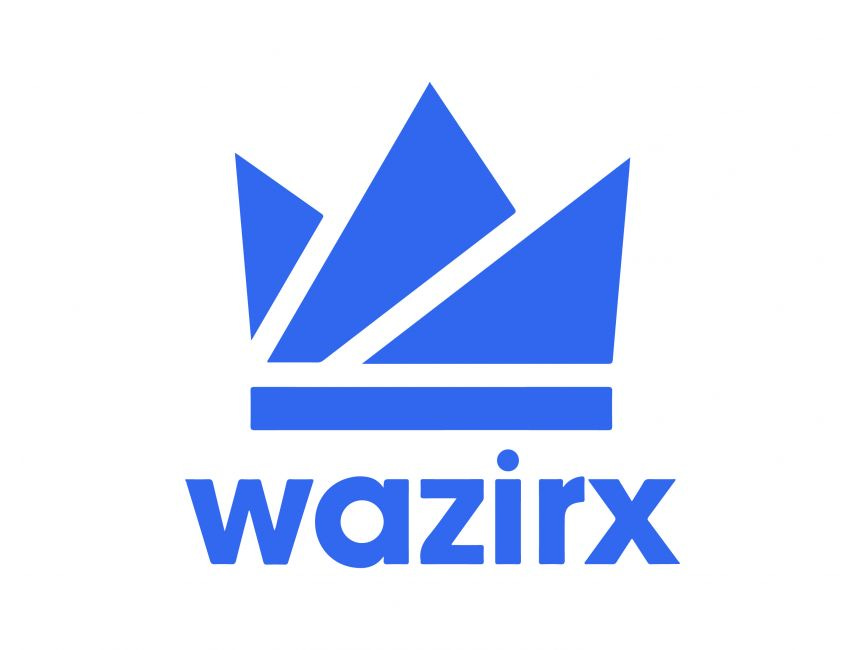An Effective Ban on Crypto Funds?
Weekly News Recap:💥 Trump’s crypto project stirs controversy, 🔀 Solana vs. Ethereum debate heats up, and more!
You are reading the Unchained Weekly newsletter, where we cover all the major news in the crypto space, providing insights into the market's latest trends, regulatory shifts, and technological advancements. Stay informed with your no-hype resource for all things crypto.
If you like Unchained: Refer us with a friend and earn a Premium subscription!
Are All Crypto Funds Basically Engaging in Illegal Activity Now?
Uniswap Labs and Galois Capital have settled with, respectively, the CFTC and the SEC, but crypto lawyer Larry Florio says these small settlements could set bad precedents for the rest of the industry.
The SEC and CFTC’s recent actions against Uniswap and Galois Capital could mark a turning point in crypto regulation. With both firms settling on relatively low fines, are we witnessing regulators establish precedent for a broader crackdown on the industry?
In this episode, Larry Florio, general counsel at 1kx, delves into the implications of these settlements, the frustrations asset managers face with regulatory compliance, and whether the SEC’s approach could push the crypto industry into a corner. Will these actions set a precedent for more aggressive enforcement ahead?
Listen to the episode on Apple Podcasts, Spotify, Pods, Fountain, Podcast Addict, Pocket Casts, Amazon Music, or on your favorite podcast platform.
Weekly News Recap
Trump-Backed DeFi Project Allegedly Based on Dough Finance Code
Details have surfaced about Donald Trump’s crypto project, World Liberty Financial, revealing that its foundation may be built on the code of DeFi protocol Dough Finance. According to a CoinDesk report, the project, which involves Trump’s sons Donald Jr., Eric, and Barron, centers around a "credit account system" on the Ethereum blockchain. The project, initially branded as "The DeFiant Ones," has been shrouded in secrecy since it was first announced in late August. However, a whitepaper and a since-deleted GitHub codebase indicate that the project closely mirrors Dough Finance, which suffered a $1.8 million hack in July. Despite these revelations, the team has yet to confirm if the final product will incorporate Dough’s code. The project will also reportedly feature a non-transferable governance token called WLFI, adding another layer of intrigue. Critics have raised concerns about the project’s transparency, given its connections to a previously hacked platform and the involvement of several controversial figures.
In addition to the credit protocol, World Liberty Financial has expressed a strong interest in driving the mass adoption of stablecoins. The project team has emphasized their commitment to security, announcing partnerships with top security firms such as Zokyo, Fuzzland, and PeckShield. According to a statement from the group, the project's code has undergone thorough reviews by these industry leaders to ensure user safety. The Trump-backed initiative aims to leverage stablecoins as a key component in its mission to revolutionize the DeFi space.
Solana's ‘Network Extensions’ Stir Debate Among Ethereum Supporters
A controversy has erupted between the Solana and Ethereum communities over Solana's introduction of "network extensions," which some argue are essentially Layer 2 solutions by another name. Traditionally, Solana advocates have criticized Ethereum's modular approach of using Layer 2 (L2) networks to scale its blockchain. However, Solana is now embracing a similar concept, though it avoids the L2 label, calling these technologies "network extensions" instead.
This shift has sparked debate, particularly among Ethereum proponents who argue that L2s are not "parasitic," as some Solana supporters claim. Ethereum investor Ryan Berckmans emphasized that L2s complement the base layer rather than detract from it. Despite the rebranding, the core functionality of these "network extensions" seems similar to L2s, leading some in the community to see the distinction as mere semantics.
Solana’s co-founder Anatoly Yakovenko defended the term, arguing that "network extensions" serve unique purposes such as specialized processing, unlike Ethereum's general-purpose L2s.
SEC Warns FTX on Repaying Creditors with Crypto
The U.S. Securities and Exchange Commission (SEC) has issued a warning to FTX in a recent filing, signaling potential opposition to the bankrupt exchange's plan to repay creditors using stablecoins or other digital assets. The SEC also expressed concerns about a discharge provision that could limit the future legal liabilities of the FTX estate.
During FTX’s bankruptcy proceedings, various strategies have been considered to maximize creditor recovery, including proposals to restart the exchange or distribute claims as tradable tokens. Despite these discussions, FTX, under CEO John Ray III, has rejected the idea of relaunching the exchange, citing a lack of investor interest.
Research firm Split Capital suggested this week on X that FTX might ultimately inject around $1.5 billion back into the crypto market. However, Split noted that this amount is significantly less than the $16 billion initially expected.

Federal Reserve Issues Cease-and-Desist Order to Crypto-Friendly Bank
The Federal Reserve has issued a cease-and-desist order against United Texas Bank, citing "significant deficiencies" in its management of risks related to crypto customers and foreign correspondent banking. An examination in May 2023 revealed shortcomings in the bank's governance, particularly in its anti-money laundering (AML) compliance and oversight by its board and senior management. The Dallas-based bank, which has ties to the crypto industry, has agreed to the order and is now required to file a detailed action plan within 90 days to strengthen its AML programs.
21Shares Enters Ethereum's Wrapped Bitcoin Market
21.co, the parent company of 21Shares, has introduced a new wrapped bitcoin token, 21BTC, on the Ethereum blockchain. This move follows the earlier launch of 21BTC on Solana, aiming to provide a secure alternative to existing options such as Wrapped Bitcoin (WBTC). The launch comes as WBTC faces declining trust due to changes in its custodial arrangements. 21.co says that 21BTC is designed with enhanced security measures and backed by institutional-grade custodians, positioning it as a more reliable option in the wrapped bitcoin market.
Polygon Begins Migration from MATIC to POL
Polygon has started its planned migration from the MATIC token to the new POL token, as part of its "Polygon 2.0" roadmap. The upgrade, which began on Wednesday, marks a significant shift in Polygon's tokenomics, introducing an annual inflation rate of 2%. The new POL token will replace MATIC as the native gas and staking token on the Polygon PoS chain, and will play a central role in upcoming features such as the AggLayer and the Polygon staking hub, set to launch in 2025. According to Polygon Labs CEO Marc Boiron, the migration allows for greater flexibility and community involvement in the network’s growth and sustainability.
Bitcoin Miners Face Toughest Month Since 2023
Bitcoin miners experienced their worst month in a year, with August 2024 revenue dropping to $851 million, a 10% decrease from July. This marks a 57.5% decline since March, when miner revenue peaked at $2 billion when bitcoin reached all-time price highs. The recent downturn has been attributed to the post-halving landscape, which reduced block rewards by 50%, severely impacting profitability. Despite a record-high hash rate of 782.6 exahashes per second in August, miners are struggling as transaction fees have also plummeted by nearly 45% since September 2023.
WazirX Users Face Significant Losses After $234 Million Hack
Users of the Indian crypto exchange WazirX are expected to lose over 40% of their funds following a $234 million hack in July 2024, per a TechCrunch report. The exchange, now undergoing a restructuring process in Singapore, has informed users that they may only recover between 55% and 57% of their assets. The hacker, believed to be associated with North Korea's Lazarus Group, has started moving nearly $4 million in stolen Ether using Tornado Cash to obscure the transaction trail. WazirX has requested “breathing space” from Singapore’s high court to develop the fastest and most effective method for users to reclaim their remaining funds, which will be distributed on a pro-rata basis.
Fun Bits: Near Protocol's X Account Hack Turns Out to Be a Marketing Stunt
On Wednesday, Near Protocol's X account appeared to be hacked, with the "hacker" posting a series of messages criticizing the crypto ecosystem. The incident caused a stir, as many believed the account had genuinely been compromised. However, it was later revealed that this so-called hack was actually a marketing gimmick by Near Protocol to promote their upcoming hackathon. The account was even renamed "Scam" as part of the stunt. While some found the move clever, others weren’t so impressed, calling it a "cringefest" on crypto Twitter. Love it or hate it, the hackathon is now definitely on everyone’s radar!











